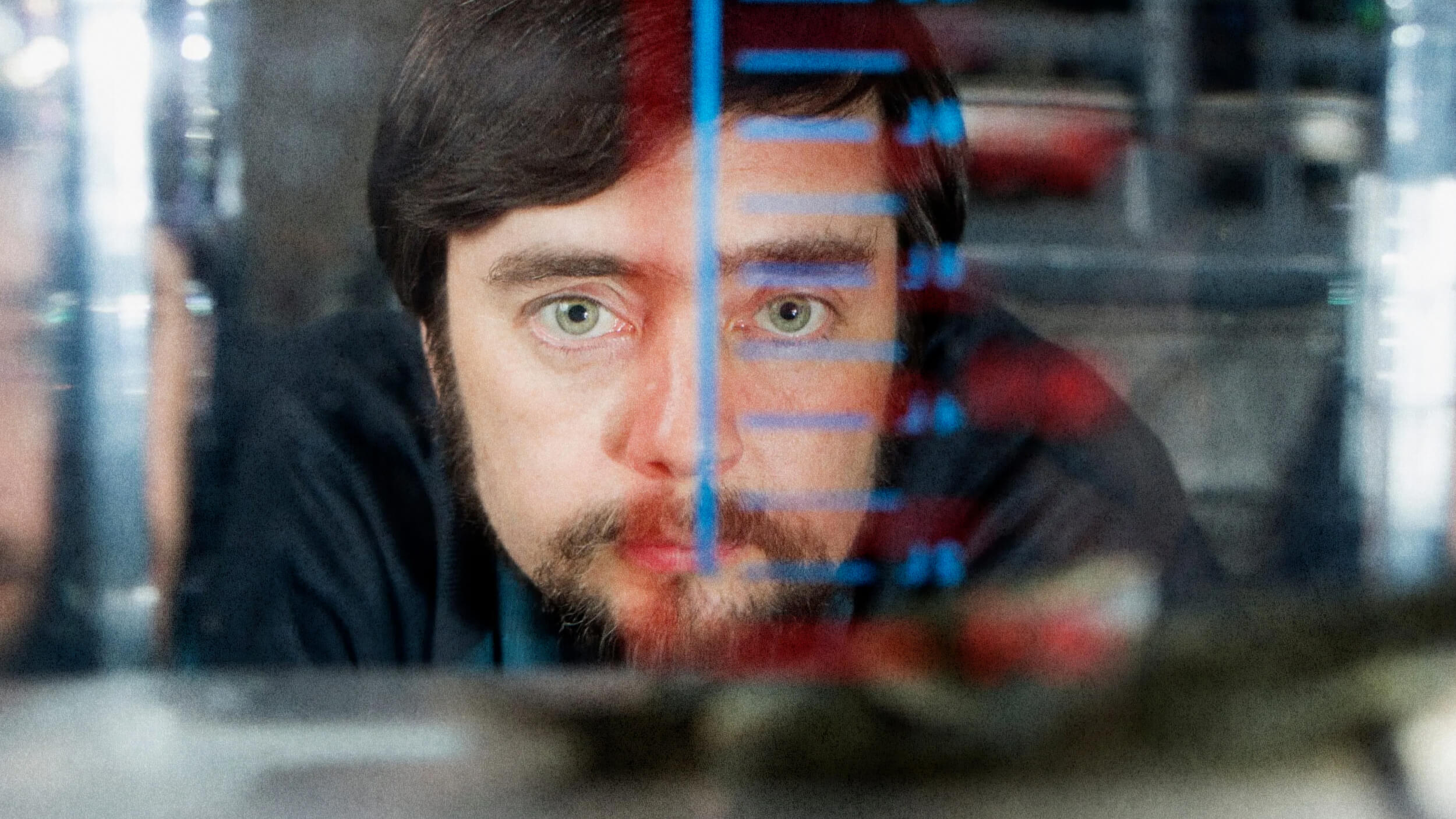Sign up for Big Think on Substack
The most surprising and impactful new stories delivered to your inbox every week, for free.
Wendy Suzuki studies exercise’s transformative effects on the brain.
Drawing inspiration from animal studies, particularly those involving the growth of hippocampal brain cells in rats, she explores the possible connection between increased exercise and brain expansion.
Suzuki also looks into the multifaceted relationship between exercise, sleep, cardiovascular function, and brain health.
WENDY SUZUKI: What I lean on in my hypotheses about the transformative effects of exercise on your brain are the studies in animals, that have shown true growth of Hippocampal brain cells with exercise. They are so convincing because they show exactly how much the hippocampus grows with increased exercise.
My own advisor as an undergraduate looked at the effects of enriched environments on brain function. She created this enriched environment like a Disney World of rat cages. So you let rats live in Disney World with other rats and lots of toys to play with and you compared their brains to rats that live in a shoebox with maybe one other rat and no toys. And she showed that rats raised in those enriched environments, the actual outer covering of the brain got significantly thicker. Those babies whose mothers ran around the enriched environment, that Disney World of rat cages, their brains were the biggest compared to the offspring of mother rats that were raised in the shoebox. Those are the experiments that not only keep me optimistic, but create a real model about what is going on with the brain with exercise, and how this could be a true tool to help us age beautifully into our golden years.
"Well, Wendy, there's all these correlations." They're correlations and they're very optimistic. But when you go to the randomized control studies a lot of those results are more subtle. "Maybe there are other things that are involved like sleep, like cardiovascular function, that don't have nearly as much to do with exercise as you're saying, what do you say to that?" And the answer is "yes." Both of those are correct.
It's too easy to get caught up in the neuroscience and just looking at it from that perspective even if it has multifaceted elements. It really just highlights the complexity of studying exercise. It is affecting your cardiovascular system, it is affecting your sleep system, and the perfect experiment has not been done. So it's not about excluding these things, it's about using this messy but very useful term of exercise to explore what are those benefits on true brain function.
We can all learn from each other and devise that perfect experiment so we know how much the cardiovascular changes are contributing to the brain functions that I'm interested in. We know how much sleep patterns are contributing to better cognitive functions that I'm measuring as well. All of this is fodder for what we're all trying to do, which is really trying to understand what goes on here. We still have a ways to go, but all of these factors are important when one is discussing something as complicated as physical activity.
NARRATOR: Get smarter, faster, with videos from the world's biggest thinkers. To learn even more from the world's biggest thinkers, get Big Think+ for your business.







